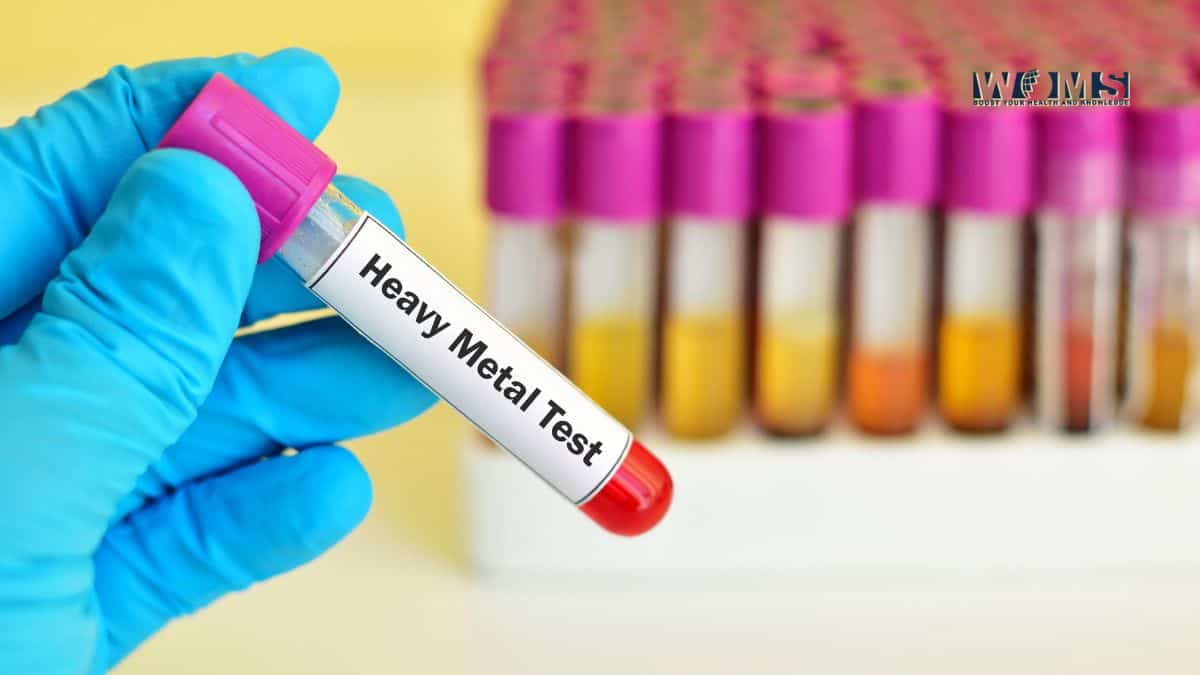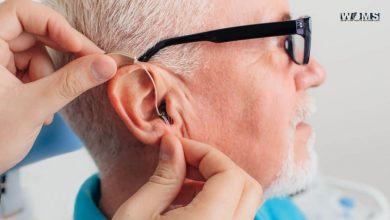Learn More About the Lawsuit Against Heavy Metal Baby Food

In the past, lawsuits have roiled the food industry, from changes in meat to alcohol regulation. Now baby foods are the subject of a new public health lawsuit against manufacturers such as Gerber and Earth’s Best. The argument is that toxic chemicals like arsenic, heavy metals, and banned pesticides were found in their products. The thought is that these ingredients are putting children at risk and should be changed immediately.
What is the Class-action Lawsuit Against Heavy Metals Baby Food?
For the past two decades, food manufacturers increased marketing and sales efforts on parents by targeting their children with specially designed products. The products are not only marketed to children but claim that they are safe for use and entirely nutritious. Recently, this behavior has come back to haunt these manufacturers and the FTC has stepped in with a class-action heavy metal baby Food against nine leading companies.
Heavy metals baby food lawsuits are currently being pursued in several countries. These suits assert that baby food sold in supermarkets and convenience stores, amongst others, contains substances harmful to the health of children. Companies like Gerber and Heinz have been heavily criticized by those who believe that their baby foods contain unsafe ingredients.
The defendants in these cases have the clout necessary to file a baby food heavy metal lawsuit for exposure to toxic heavy metals, which has had a detrimental effect on some companies as they’ve been forced to recall their products while continuing to sell them to other retailers. In 2014, an 87-page class-action lawsuit was filed on behalf of consumers who purchased packaged baby food for infants and young children. On June 12, 2016, the New York Times filed an article about this suit titled “A Class Action Lawsuit Against a Packaged Food Giant Challenges Safety Claims’ ‘ which explains the history of the class-action lawsuit and its accusations against Earth’s Best Baby Food Co.
What Are the Ingredients of Heavy Metals Baby Food?
Pieces of fruit, beans, and vegetables are the best baby food ingredients. Baby foods like cereal should contain a lot of liquid. Preservatives, flavors, and non-vegetarian products should be avoided. It’s possible to reduce the risk of food-borne illnesses in children by making sure that all parents transition their babies into a healthy diet as soon as possible.
The main ingredients are proteins, oils, vegetables or fruits, and sugars. Some chemicals in baby formulas are known to be toxic, including mercury, lead, arsenic, and formaldehyde. Manufacturers of baby food need to list the ingredients on their labels and follow certain safety requirements set by the FDA. Contamination of baby food products is a growing issue globally, but the United States has been slow to take action. In the U.S., most companies warehouse their products in warehouses that are not regulated and there is no labeling process in place for the country.
In December of 2016, Consumers reported the ABC News that a lawsuit had been filed against the manufacturers of Gerber Baby Food for selling products made with indigestible ingredients. The same month in which Consumer Reports, a company that tests and ranks food before it is sent to market, found cyanide in the food of four different types of Gerber baby food. This contamination forced some parents to stop feeding their babies the product, raising alarms over concerns about possible long-term effects.
Who is Involved in the Class-action Lawsuit Against Heavy Metals Baby Food?
Every parent knows that it is not an easy task to raise a healthy and happy child.
Some parents are seeking out food for their children to protect them from health complications, and some parents go on the Internet to search for answers about their children’s food sensitivities. Unfortunately, there can be adverse effects from allergies or sensitivities.
Recently, thousands of families have filed a class-action lawsuit against the maker of Trix cereal and other participating companies after they’ve determined that the consumed products contain lead and arsenic which were given no warning labels at all. So if your child has ever experienced changes in behavior after consuming this product, you might be eligible for compensation… You may not be familiar with the term “Heavy Metals baby food,” but these parents are suing manufacturers over the risks of feeding babies their products.
New parents worry about the best place to start feeding their children after they milk and cook formula, so they choose to go with a reputable product. They were only installing trust in a brand that explained things as well as its labels did. Now, what some people believe to be advertisements is actually misleading information.
The class-action lawsuit against Heavy Metals baby food is garnering attention as the FDA says it can’t determine if this type of food is safe for children and suggests more labeling may be needed to warn parents. The law firm behind the lawsuit claims that after several attempts to address issues in their own children’s health, they realized that these were not only common problems but happened to affect a large number of families who decided to give their infants home-cooking or food prepared by others rather than fast food or premade baby foods.
Conclusion
The lawsuit is an example of the importance of protecting your health, whether it be for yourself or for your children. Read about this case to learn more about how it affects you and your loved ones. Finally, the lawsuit will be conclusive and there is a possibility for the natural food industry to stand up for itself.
The current trend of non-organic food has begun to heavily impact health causes such as cancer and other serious diseases that the FDA currently regulates. In this sense, the lawsuit against baby food is trying to protect everyone who wants to keep eating healthy. There has been a lawsuit brought against baby food companies related to the effect on children’s behavior. The biggest point of contention is that they have found that these companies might be selling an incomplete product. Baby food companies are legally required to list everything in a normal diet that they are not including in the product.




